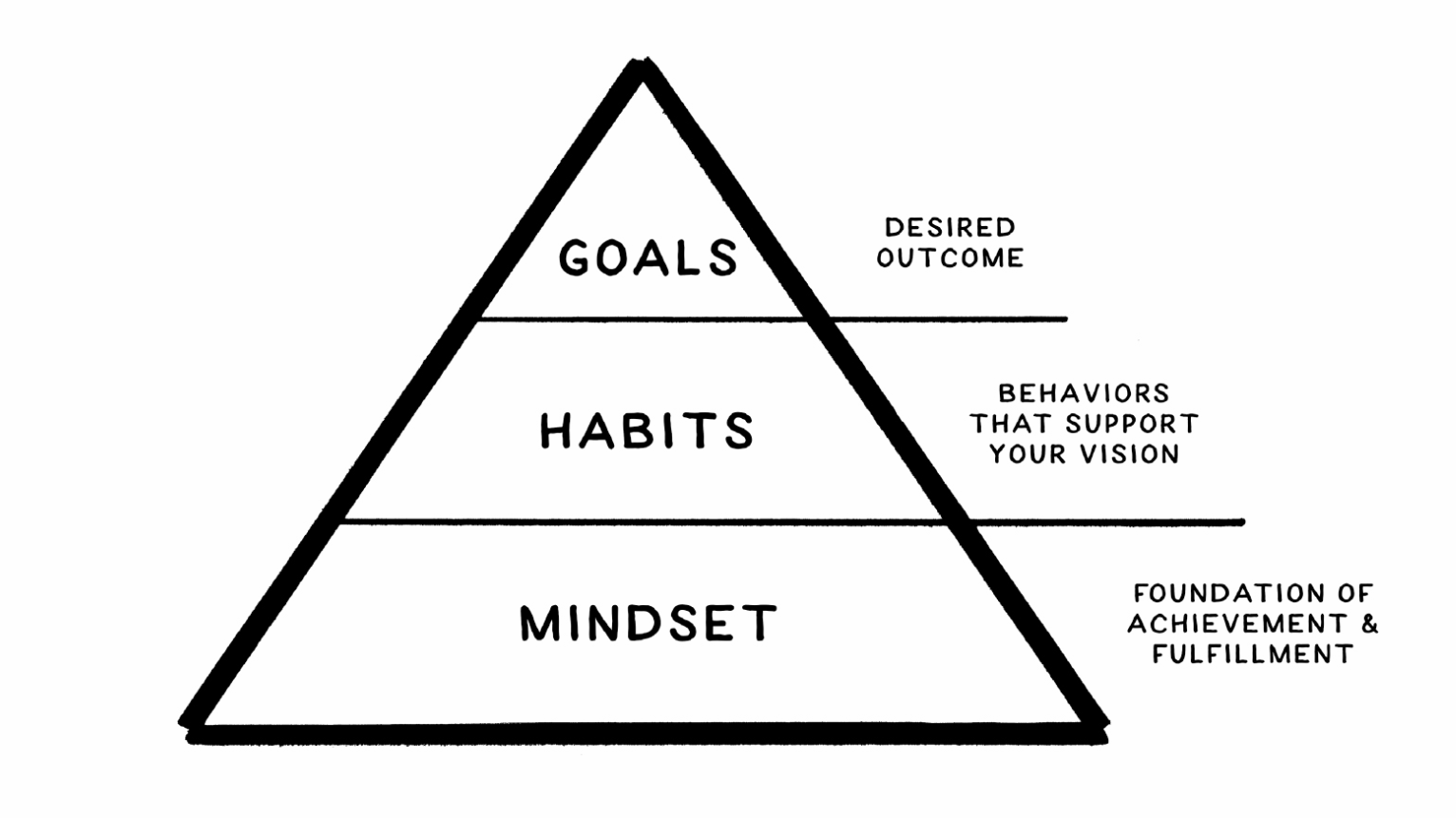Have you ever found yourself staring at a blank screen, with a deadline looming? Suddenly, the urge to scroll through social media becomes irresistible and you end up pulling an all-nighter fueled by caffeine and sheer determination. You might have met the deadline, but the quality of your work (not to mention your sleep) likely suffered. The toll on your mental and physical well-being was enormous.
But why do we put ourselves through this last-minute panic? Why do we allow procrastination to get the best of us?
The Procrastination Cycle
To understand why we procrastinate, we need to examine the cycle that keeps us trapped in its grasp. It all starts with a trigger, which could be anything from feeling overwhelmed to lacking motivation or simply not knowing where to begin.
Imagine you’re sitting down to work on a project, and suddenly your mind starts racing. You remember you need to reply to an email, and then you think about that TV show you’ve been meaning to catch up on. Before you know it, you’re deep down the rabbit hole of distractions, and your focus on the task at hand is long gone.
But here’s the thing, procrastination is not simply a lack of willpower or laziness. There is a scientific explanation behind our tendency to avoid tasks and prioritize immediate rewards over long-term benefits.
Picture yourself as two versions: your “Present Self” and your “Future Self.” Your Present Self is the you right now, and your Future Self is the you a few weeks or months down the line. These versions of you have different desires and priorities.

Your Future Self wants you to be successful and achieve your career goals. It knows that by starting the project early and putting in the effort, you’ll produce high-quality work and feel accomplished. Your Future Self is all about investing in your future success.
However, your Present Self is focused on immediate satisfaction and comfort. It prefers relaxing, leisure activities, and putting off the work for later. It might tempt you to watch TV, go out with friends, or engage in activities that provide instant enjoyment.
Sometimes, when it’s time to make a decision, your Present Self wins over your Future Self. It feels easier and more enjoyable to engage in activities that bring immediate pleasure, rather than tackling the important tasks that will contribute to your long-term success.
But here’s the catch: the more you give in to your Present Self and procrastinate, the more pressure and stress you’ll experience as deadlines approach.
Overcoming Procrastination
So, how do we break free from the chains of procrastination? Well, here’s the part you might not want to hear: there’s no magical cure or quick fix. To overcome procrastination, we need to find ways to bridge the gap between our Present and Future Selves. One way to do this is to shorten the effort. In other words, make your success near instant.
The 5-Minute Rule
One technique is called the 5-Minute Rule. It’s simple but powerful. When you’re faced with a task that you’re tempted to put off, commit to working on it for just 5 minutes. Set a timer, eliminate distractions, and dive in.
Here’s the trick: More often than not, once you get started, you’ll find that the hardest part was just getting over that initial hump. Those 5 minutes turn into 10, then 20, and before you know it, you’re fully immersed in the task, making progress, and feeling a sense of accomplishment.
The 5-Minute Rule works for a few reasons. First, it reduces the perceived pressure and overwhelm associated with starting a task. By telling yourself that you only need to dedicate 5 minutes to it, the task becomes more manageable and less daunting. It becomes a short, focused burst of effort rather than a seemingly endless endeavor.
Second, the 5-Minute Rule helps to overcome the perfectionism that often leads to procrastination. Perfectionism can paralyze us, making us believe that we need to have everything figured out and executed flawlessly from the start. By giving yourself permission to work on the task for just 5 minutes, you release the pressure of perfection and allow yourself to simply make progress.
Lastly, you tap into the power of momentum and the Ovsiankina effect. The Ovsiankina effect is the psychological phenomenon that states that once we start a task, our brains have a natural inclination to finish it. By starting for 5 minutes, you activate this effect, and it becomes easier to continue working beyond the initial time frame. The momentum builds, and you may find yourself engrossed in the task, making substantial progress.
Building Procrastination-Beating Habits

The Creative Pyramid from my book Creative Calling outlines the relationship between mindset, habits, and goals.
Overcoming procrastination requires building effective habits that work in your favor. Productivity expert James Clear, shared a number of ideas in his #1 NYT Bestselling Book Atomic Habits which are worth their weight in gold.
- The Two-Minute Rule: If a task takes less than two minutes to complete, do it immediately. By tackling those quick tasks right away, you’ll prevent them from piling up and weighing you down.
- Embrace “Do-Nothing” Time: It may sound counterintuitive, but scheduling specific periods to “do-nothing” can actually boost your productivity. James refers to this as allowing for unstructured thinking. To do this, give yourself short breaks during your work sessions where you give your mind complete freedom to wander. Often, this free thinking time can lead to creative insights and breakthroughs that propel your work forward.
- Use Temptation Bundling: This is a powerful strategy that pairs a task you tend to procrastinate on with something you genuinely enjoy. For example, only allow yourself to watch your favorite TV show while exercising on a stationary bike. This way, you create a positive association with the task, making it more likely that you’ll actually get it done.
- Visualize Your Future Self: When you’re faced with a task, take a moment to visualize your future self after completing it. Connect with the sense of accomplishment and satisfaction you’ll feel. By mentally bridging the gap between present and future, you can tap into the motivation and drive needed to take action in the present moment.
- Make It Easy to Start: We already know the hardest part of any task is simply getting started. James suggests reducing the friction by making it as easy as possible to begin. For instance, if you’re trying to establish a daily writing habit, leave your writing materials out and ready the night before. When you wake up, the first step becomes effortless, making it more likely that you’ll follow through.
While procrastination can be a difficult cycle to break, there are ways to overcome it and build habits that work in your favor. By understanding the psychology behind procrastination and rewarding your present self while staying true to your future one, we can take action. If starting is holding you back reduce the friction as much as possible. Next time you find yourself staring at a blank screen, take a deep breath, commit to just 5 minutes, and see where it takes you.
Enjoy!


























